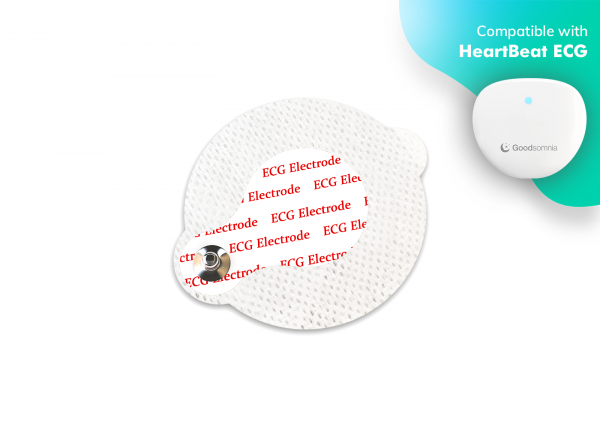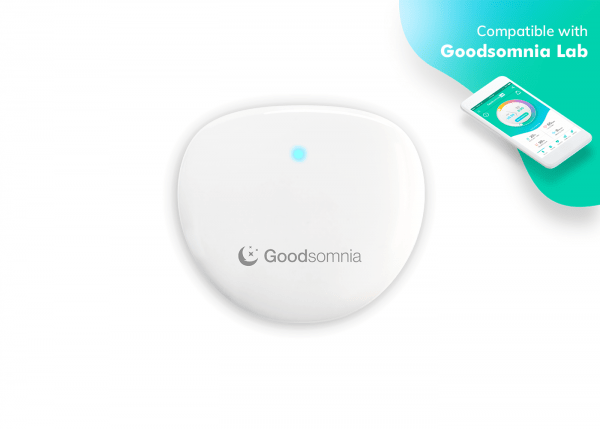Goodsomnia AB’s Commitment to the GDPR
Privacy by design
Effective Date: May 2018
The GDPR (General Data Protection Regulation) is an important piece of legislation that is designed to strengthen and unify data protection laws for all individuals within the European Union. The regulation became effective and enforceable on the 25th May 2018.
Our commitment: Goodsomnia AB is fully committed to compliance with the GDPR.
What has Goodsomnia AB done about the GDPR?
Goodsomnia AB began to dedicate internal resources to the GDPR in September 2017, almost 9 months before the deadline. We did this because we value our customers (and their customers) rights to privacy.
We store all data in the EU and compliance with and to international law and regulations is very important to us.
Here’s a condensed version of Goodsomnia AB’s GDPR Roadmap and steps taken on our journey:
| Step | Status |
|---|---|
| Thoroughly research the areas of our product and our business impacted by GDPR | Complete |
| Appoint a Data Protection Officer | Complete |
| Rewrite our Terms and Policies | Complete |
| Develop a strategy and requirements for how to address the areas of our product impacted by GDPR | Complete |
Perform the necessary changes/improvements to our product based on the requirements:
| Step | Status |
|---|---|
| Feedback Consent Controls | Complete |
| Implement the required changes to our internal processes and procedures required to achieve and maintain compliance with GDPR | Complete |
| Finalize and communicate our full compliance | Complete |
What changes has Goodsomnia AB made to be GDPR Compliant?
We have taken many steps across the entire company to ensure our compliance with the GDPR. We have improved anonymity within our data collecting and processing tools and many more.
We have also worked on interfaces and functions that allow you to manage your personal information as well.
Based on the research conducted by both our inside and outside counsels we are confident these changes will address the requirements of the GDPR.
I’m new to the GDPR and would like more details on what it is:
The General Data Protection Act (GDPR) is considered to be the most significant piece of European data protection legislation to be introduced in the European Union (EU) in 20 years and will replace the the 1995 Data Protection Directive.
The GDPR regulates the processing of personal data about individuals in the European Union including its collection, storage, transfer or use. Importantly, under the GDPR, the concept of “personal data” is very broad and covers any information relating to an identified or identifiable individual (also called a “data subject”).
It gives data subjects more rights and control over their data by regulating how companies should handle and store the personal data they collect. The GDPR also raises the stakes for compliance by increasing enforcement and imposing greater fines should the provisions of the GDPR be breached.
The GDPR enhances EU individuals’ privacy rights and places significantly enhanced obligations on organizations handling data.
In summary, here are some of the key changes to come into effect with the upcoming GDPR:
Expanded rights for individuals: The GDPR provides expanded rights for individuals in the European Union by granting them, amongst other things, the right to be forgotten and the right to request a copy of any personal data stored in their regard.
Compliance obligations: The GDPR requires organizations to implement appropriate policies and security protocols, conduct privacy impact assessments, keep detailed records on data activities and enter into written agreements with vendors.
Data breach notification and security: The GDPR requires organizations to report certain data breaches to data protection authorities, and under certain circumstances, to the affected data subjects. The GDPR also places additional security requirements on organizations.
New requirements for profiling and monitoring: The GDPR places additional obligations on organizations engaged in profiling or monitoring behaviour of EU individuals.
Increased Enforcement: Under the GDPR, authorities can fine organizations up to the greater of €20 million or 4% of a company’s annual global revenue, based on the seriousness of the breach and damages incurred. Also, the GDPR provides a central point of enforcement for organizations with operations in multiple EU member states by requiring companies to work with a lead supervisory authority for cross-border data protection issues.
If you have any questions, please don’t hesitate to contact us at cdpo@goodsomnia.com .












